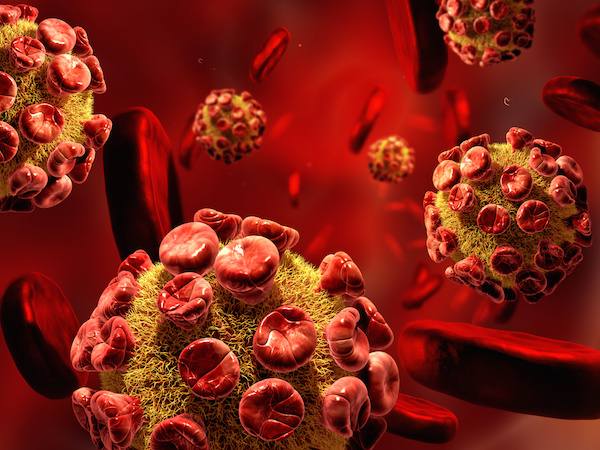
FRIDAY, Jan. 22 (HealthDay News) — An inherited genetic trait may be linked to more aggressive cases of stomach cancer, researchers say.
The new findings don’t prove that the gene variation actually causes stomach cancer, also known as gastric cancer, but those who have the variation, which is found on a gene called CD44, experienced recurrence of the disease more than three times sooner than others with the disease.
The findings are scheduled to be presented Friday at the Gastrointestinal Cancers Symposium in Orlando, Fla.
“If our findings are confirmed in larger, prospective clinical trials, testing for the CD44 variation could help us identify patients who would benefit from more aggressive treatment, as well as facilitate the development of therapies targeting this genetic variation,” the study’s lead author, Dr. Thomas Winder, a postdoctoral research fellow at the University of Southern California, said in a news release from the American Society of Clinical Oncology, which helped organize the meeting.
The gene in question plays a role in the production of a protein that’s been connected to the spread of digestive cancers.
The researchers came to their conclusions after looking for links between the gene variation and time to recurrence of cancer in 104 people with localized gastric cancer. Those with the variation experienced recurrence at an average of 2.1 years, compared with an average of 7 years among those who didn’t have it.
The study noted that it might be possible to develop a genetic test that would pinpoint a person’s risk of developing gastric cancer.
More information
The U.S. National Cancer Institute has more on gastric cancer.

